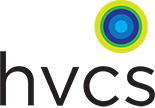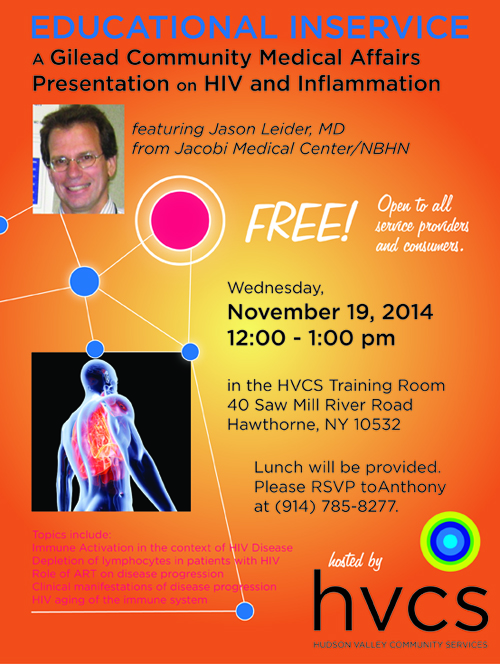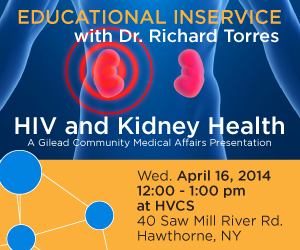6.5 OASAS credits (not approved for initial CPS credentialing)
This one-day training is designed to increase awareness of non-physician health and human services providers about HIV primary care guidelines and treatment adherence. Providers who are aware of HIV primary care guidelines and strategies for supporting treatment adherence can play an important role in improving the health outcomes of people living with HIV.
At the end of this training, participants will be able to:
• List the components of primary care for patients living with HIV;
• Identify the key elements of the annual comprehensive physical exam for patients living with HIV;
• Identify the routine laboratory screening and assessments used in primary care for people living with HIV, including methods used to assess and measure adherence;
• Recall the different classes of HIV medications and briefly describe how they work;
• Identify common barriers to treatment adherence, including medication side effects;
• List three specific strategies for promoting treatment adherence;
• Identify when referrals to specialty care may be needed;
• Work as a member of the care team to:
• help patients take advantage of health maintenance services, vaccination, and prophylaxis for opportunistic infections
• conduct client assessments and make referrals for a variety of psycho-social issues including substance use, mental health, domestic violence, smoking cessation, etc.
Prerequisite: It is strongly recommended that participants have previous knowledge or training on basic HIV/AIDS information.
Audience: All non-physician health and human services providers who work directly with people living with HIV including: case managers, counselors, nurses, support services providers and others.




